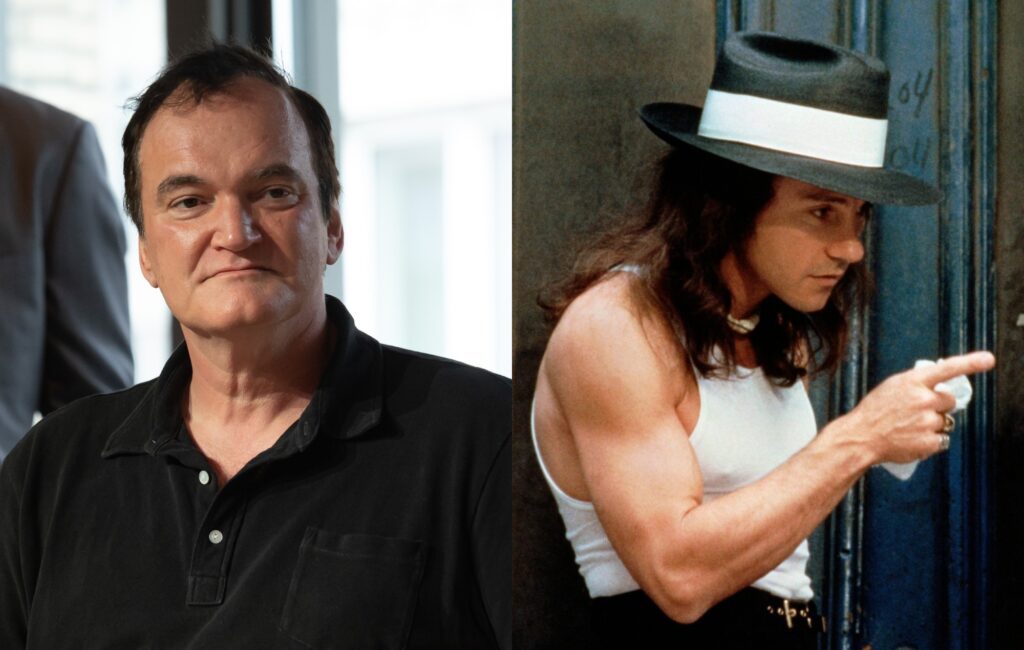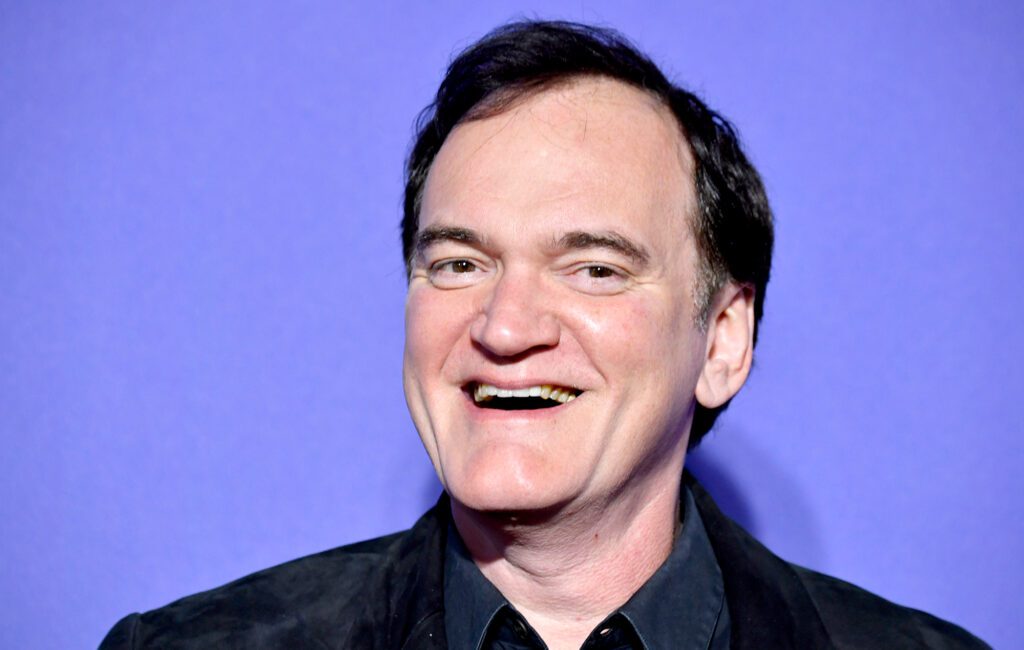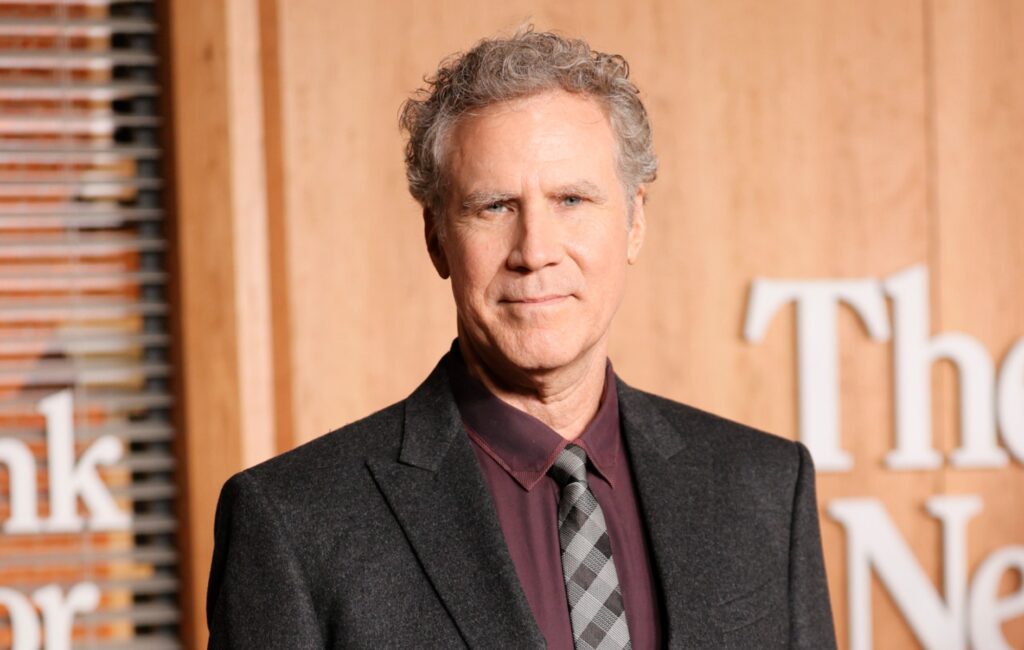Quentin Tarantino criticises decision to make character white in Martin Scorsese's 'Taxi Driver'
 Posted On
Posted On
Quentin Tarantino has shared some criticism of the film Taxi Driver, claiming certain casting choices watered down the original script.
The director dedicated a chapter in his latest book Cinema Speculation to Martin Scorsese’s 1976 film, which he has previously described as “may be the greatest first-person character study ever committed to film”.
Despite being one of his favourite films, Tarantino criticised studio Columbia Pictures and Scorsese over the race of several side characters, arguing that it diluted screenwriter Paul Schrader’s original script.
The director highlights the casting of the pimp Sport (Harvey Keitel), who was switched from Black to white, and argues the film should have shown more interactions between Black people and Robert De Niro’s Travis Bickle to emphasise he was a racist character.

In the book, Tarantino (via IndieWire) writes about Bickle: “The film makes it obvious he sees black males as figures of malevolent criminality. He’s repelled by any contact with them. They are to be feared or at the very least avoided. And since we watch the film from Travis’ point of view, we do as well.”
The director goes on to criticise the fact that Schrader was “asked by the producers and Columbia Pictures to change the character of Sport from black to white because the race riots a few years earlier still cast a long shadow.”
Tarantino compares the studio’s concerns around casting a Black actor at the time to the reaction to his 2012 film, Django Unchained. He asks: “Is it possible Columbia could be timid about a provocative film like Taxi Driver? Hell yeah, over thirty years later Columbia Pictures was timid as hell about the reaction to Django Unchained.”
He added: “And who couldn’t handle that? Black audiences? Or is it more likely that the white folks financing the movie were the ones made to feel uncomfortable by the imagery in Schrader’s original script? So uncomfortable that a fear of black males causing violence in cinemas was conveniently trotted out as an excuse to change Schrader’s Sport from black to white?”
While Tarantino places more of the blame on the studio over Scorsese, he doesn’t completely escape criticism. “Any way you slice it, Scorsese, and producers Michael and Julia Phillips, and Columbia Pictures changing the pimp character of Sport from black to white was a societal compromise.”
Elsewhere in the book, Tarantino lists seven films he believes are “perfect”, including The Texas Chainsaw Massacre and Jaws.


